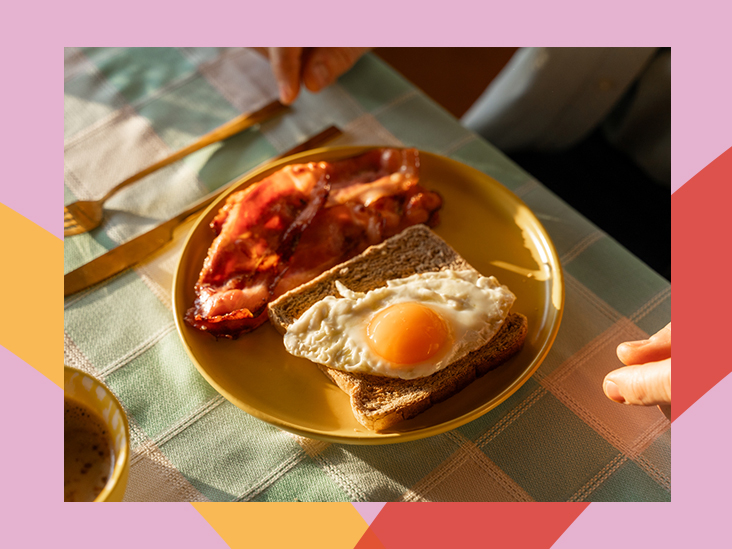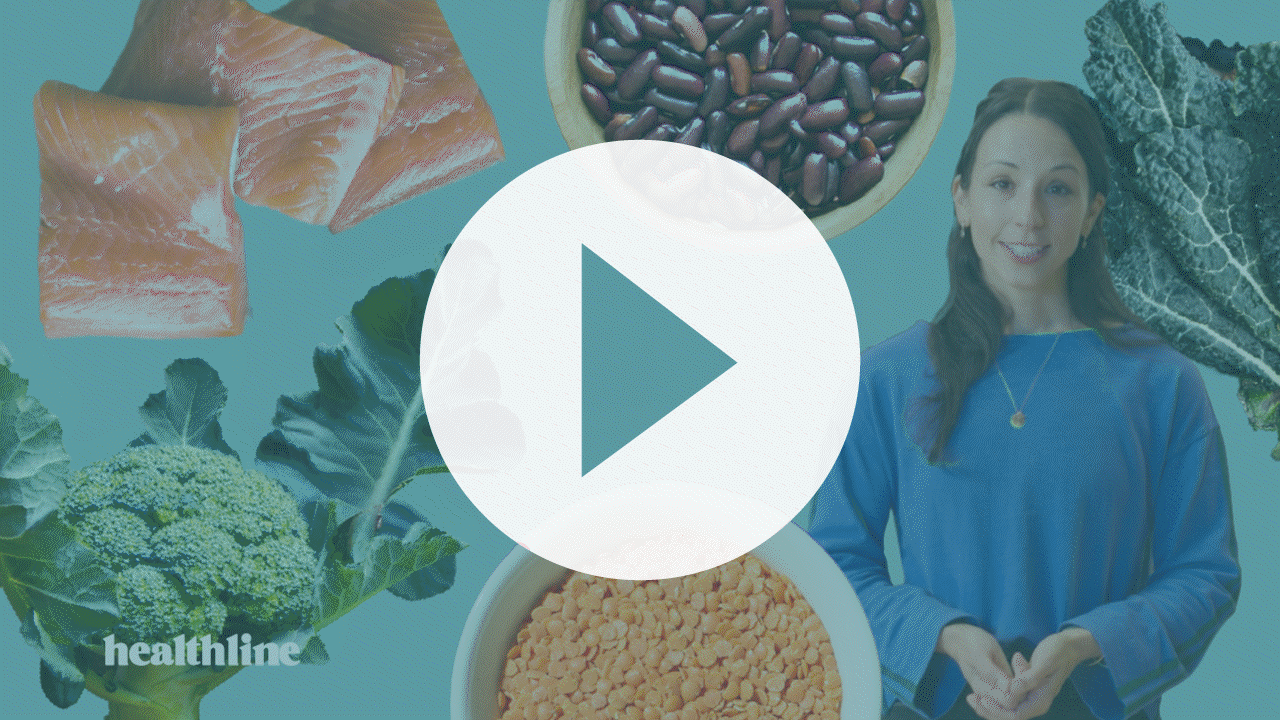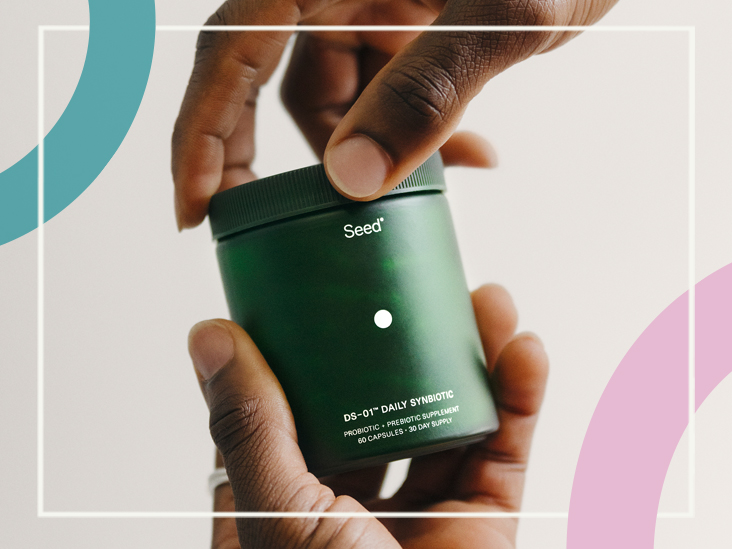| | | No one wants to be told they have high cholesterol, which is a leading risk factor for heart disease and stroke. Yet the Centers for Disease Control and Prevention (CDC) estimates that 86 million U.S. adults have levels above what is considered healthy. | | If you do have high cholesterol, changing your diet may be the first line of defense. Below, Lisa Valente, a registered dietitian, explains more. | | | | | | | Enjoy!
Ginger Wojcik
Newsletter Editor, Healthline |  | | Written by Ginger Wojcik
May 29, 2025 • 3 min read | | | | | | | | | Advertisement | | Help Your Gut Feel Better | | Try Seed's DS-01® Daily Synbiotic — a 2-in-1 probiotic and prebiotic formulated to help rebalance your gut. | | | | | | | | | | | |  | | | | Q: | What's the deal with high cholesterol? Is it the problem we used to think it was? | | | A: | This is a great question. Your total cholesterol numbers are part of your overall risk for heart disease, but they aren't necessarily as important as knowing your low-density lipoprotein (LDL), high-density lipoprotein (HDL), and triglyceride numbers. - LDL "bad" cholesterol: LDL carries cholesterol to your arteries. If your levels are too high and left without proper treatment, plaque can build up on the walls of your arteries, a condition known as atherosclerosis.
- HDL "good" cholesterol: HDL works against LDL cholesterol by returning it to your liver for removal from your body, preventing cholesterol plaque from building up in your arteries.
- Triglycerides: Your body converts calories it can't use right away into triglycerides, which are stored in fat cells. If you regularly eat more calories than your body can use, your triglyceride levels may become too high, raising your risk of heart disease and stroke.
Genetics certainly play a role in cholesterol levels, but lifestyle factors such as exercising multiple times a week, avoiding smoking, and eating a balanced diet are important too. Specifically, foods containing soluble fiber and omega-3 fatty acids may help you manage your cholesterol, including: - fruits like apples, bananas, citrus, and berries
- beans, including black, pinto, and kidney beans
- oats and barley
- legumes, like lentils and peas
- avocados
- fatty fish, like salmon, tuna, sardines, and mackerel
- nuts and seeds like walnuts, flaxseed, and chia seeds
- vegetable oils like canola and soybean
As for eggs, the research is mixed. Previously, people were told to avoid them because they contain dietary cholesterol. However, we now know that's not as impactful on our cholesterol levels as we once thought. Two eggs a day is likely fine, especially if your diet is low in saturated fat, added sugar, and sodium and high in fiber.
But I would say that your diet recommendations depend on your numbers and what your doctor or registered dietitian says. | | | | | | | Want to learn more about food, diets, cooking, or some other nutrition subject? Let us know at nutritionedition@healthline.com and we'll look into it for you! (Heads up, we may use your response in an upcoming newsletter.) | | |  | | | | What to Eat When You Have High Cholesterol | | Watch to learn how you can eat a more balanced diet, how to differentiate between good and bad fats, and how HDL and LDL are different. | | | | | | | | | Sponsored by | |  | |  | | | | A probiotic for a healthy gut | | Your gut microbiome consists of trillions of microbes, the composition of which is unique to your body. Disruptions to it — which can be caused by traveling, drinking alcohol, and getting too little sleep — can lead to digestive discomfort, such as irregular bowel movements and bloating. | | For these symptoms, you might want to consider a probiotic to balance out your system. Seed's DS-01®️ Daily Synbiotic is a 2-in-1 probiotic and prebiotic formulated to support your gut health — including by promoting healthy digestion and relieving bloating. Use code 25HEALTHLINE for 25% off your first month of Seed! | | | | | | | What we're digesting | | 🫁 The progression of COPD. Mild, moderate, severe, very severe — learn how each stage is defined. | | 🪧 The 10 most common signs of schizophrenia. Knowing these signs and what they look like can be a good step toward the right treatment plan. | | 🚺 Why women are at a disadvantage in the health space. We're here to make sure you have every tool and tactic available to level the playing field. | | ⏪ Is type 2 diabetes reversible? Learn what it means when type 2 diabetes goes into remission, and how to get there. | | | | | How did you feel about this newsletter? | | | | | Email nutritionedition@healthline.com with comments related to this newsletter or topics you'd like to see in future editions. The newsletter editors read every message that lands in our inbox — yes, really! We look forward to hearing from you. | | | | Until next time, |  | Take care of yourself, and we'll see
you again soon! | | | | |  | | This edition was powered by | | oatmeal.️ | | | | |


No comments:
Post a Comment